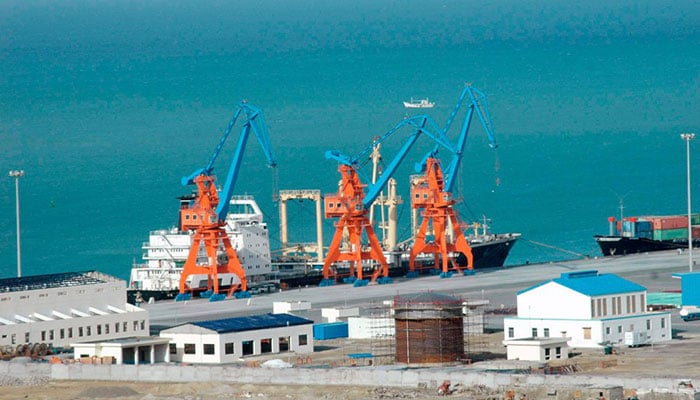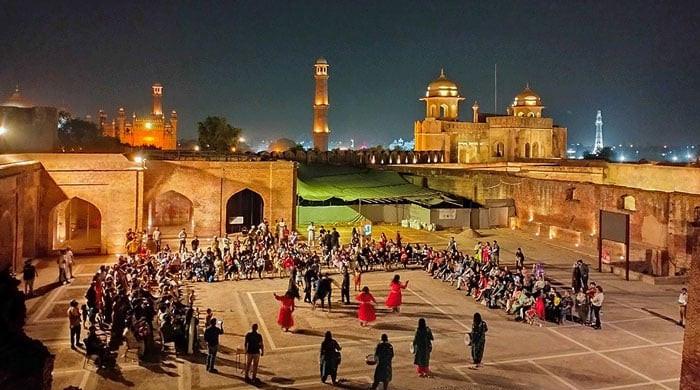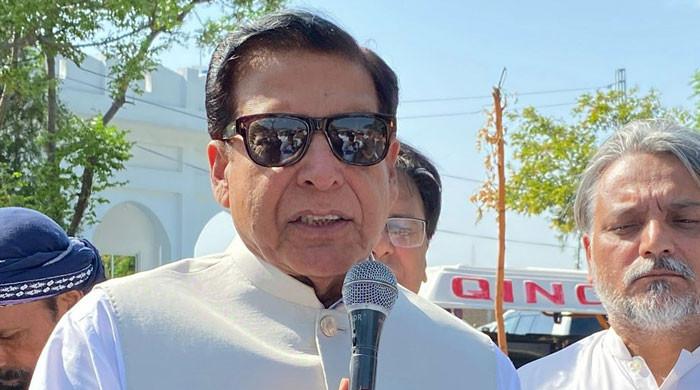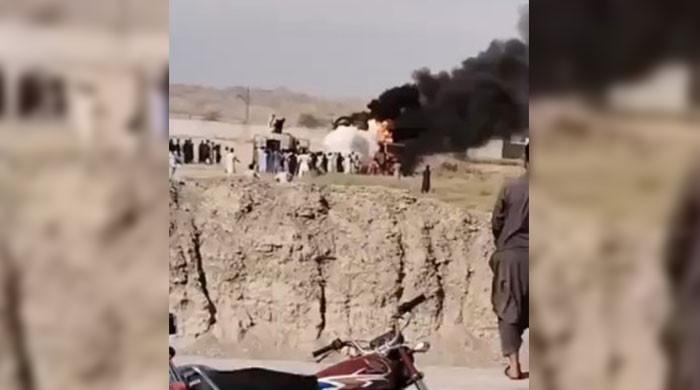Political uncertainty clouds CPEC
The Chinese have conveyed that CPEC would be on back burner till political uncertainty remains, next govt is in place after elections
January 14, 2018

ISLAMABAD: China is understood to be on the verge of putting on hold further investments under CPEC beyond what has already been done – a decision linked to the prevalent uncertain political situation in Pakistan and surging fears of turmoil in the months ahead.
The move, sounded out in a recent meeting of the new Chinese ambassador with the prime minister, will not affect the ongoing investments worth $29 billion made so far out of $56 billion committed by Beijing for impressive range of infrastructure projects in Pakistan, competent sources said.
The worrisome development is not entirely unexpected amid the chain of events unleashed in the wake of the ouster of former Prime Minister Nawaz Sharif through the July 28 verdict by a five-member Supreme Court bench and its wider implications for the very future of the country as it battles terrorism and confronts the perpetual hostility from a bigger neighbour and pressures from Trump-led US.
As things stand now, confusion and doubts abound regarding whether and how the nation will steer through the mess in order to maintain its deeply endangered march on the road to a stable democratic dispensation, through peaceful elections leading to a second smooth transfer of power from one elected government to another in the 70-year life of the country.
According to sources, the Chinese envoy has been in touch with authorities on the emerging scenario. The envoy is also understood to have broached the subject when he met with Nawaz Sharif at his Raiwind residence on Saturday.
The ambassador has already called on Prime Minister Shahid Khaqan Abbasi, who has often voiced concerns over the multi-dimensional fallout of the controversial court verdict including possible repercussions for the mega project which is crucial for Pakistan’s economy as well as regional connectivity.
The Chinese have conveyed that the CPEC would be on the back burner until the uncertainty goes and the next government is in place as a result of the elections, a top government official said, speaking on condition of anonymity.
In the face of India’s avowed mission to sabotage the corridor project, the uncertain domestic environment is generally considered all the more ominous.
Ahsan Iqbal, who spearheads CPEC talks from Pakistan's side, said a delegation headed by secretary planning division is leaving for Beijing on Sunday (today) for the next phase of talks. “Portfolio is moving forward and new phase of talks is beginning the next week,” the minister told The News.
"Political events in Pakistan have sent China in a watchful mood,” Ahsan Iqbal said. “I, however, don’t see any threat to CPEC but I am concerned if we continue to throw surprises to the outside world, then anyone can be forced to rethink their economic investments,” he said. “In such a scenario our prospects of getting maximum benefits may be compromised,” he said adding “we have to ensure 200 per cent political stability.”
There is a clear national consensus on the importance and significance of CPEC for the county’s economic growth, further strengthening of relations with the great friend and ally to the north, in the interest of regional balance and security and tackling the grave problem of unemployment and opening up vistas of great commercial benefits.
The deep sea port being developed at Gwadar in Balochistan and the extensive road and rail network will no doubt transform the region, lifting the country to its richly deserved stature of economic power commensurate with its distinction of being the sole Islamic nuclear power.
All players in national politics stand in unison for uninterrupted and flawless implementation of CPEC, overcoming all hurdles in the way.
Originally published in The News











